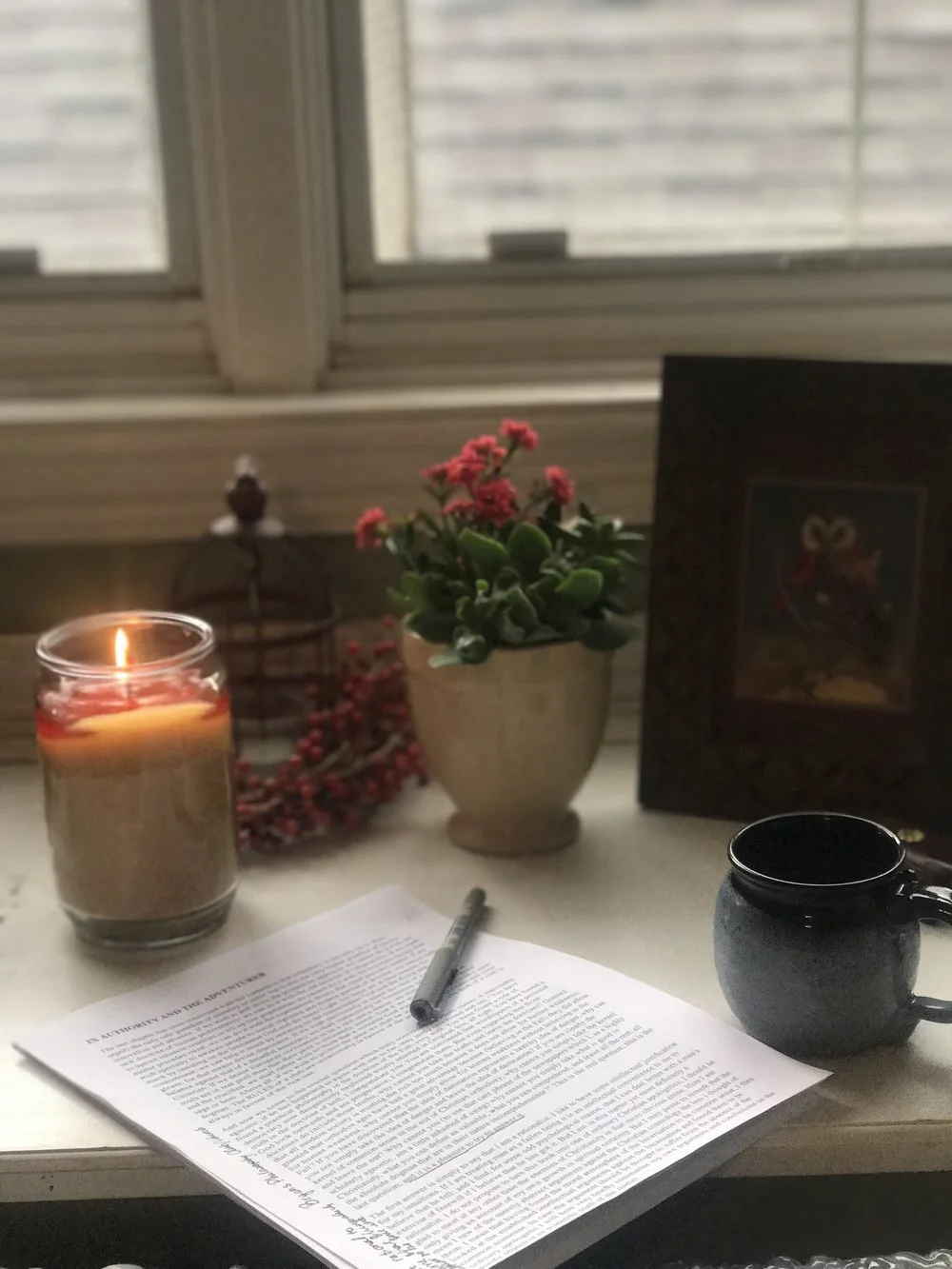Academic historian Meg Hyland is troubled by the unimaginative story told about women throughout history: that they were always oppressed, quiet, and un-influential until feminism arrived on the stage to set us all free. On this episode, Meg shares about her project and tells the story of two remarkable women from 1000AD.
How do we tell a good story with our lives? How do we sing a good song? Begin where you are. Grieve what you must. Do what you can.
Can watching the sea lead us close to God? This was a question Welsh poet R.S. Thomas contemplated often in his poetry. In this episode Joy explores the poetry of R.S. Thomas with Shanti Daffern.
There is a wisdom to the season of winter. But how does one wile away the long winter evenings in Scotland? By telling stories, singing songs, and dancing reels.
What heritage were you given? What legacy will you leave behind? These are the questions discussed in this episode.
“Life can only be understood backwards; but it must be lived forwards.” Memory shapes our sense of who we are, where we come from, and where we're going. It's fundamental, and it's flawed. What are we to make of it?
How can we incorporate rhythms of prayer into our everyday lives, dedicating our work, play, and rest to God?
This episode explores Bach fugues, improvisational jazz, poetry, and a kid's cartoon to suggest the idea that true freedom necessitates restraint.
How do we live well in a complicated world? This episode seeks the answers to this timeless question in the words of a poet from the past and a musician from the present. This episode features an interview with Veery Huleatt, editor of a new volume of poetry by Jane Tyson Clement.
To be a human is to have a body, and to have a body is to touch and be touched. This episode explores our desire to touch creation, each other, and God.
Speaking with Joy welcomes a new season with this special episode featuring the talks from the Speaking with Joy live events and music from Two Benedictions. Enjoy!
Friends, we made it to the final week of Orthodoxy!
“There was some one thing that was too great for God to show us when He walked upon our earth; and I have sometimes fancied that it was His mirth.”
"The chief mark of our epoch is a profound laziness and fatigue; and the fact is that the real laziness is the cause of the apparent bustle."
Is the world getting better and better? This week we discuss the myth of progress and the eternal revolution. Join in!
Boze Herrington joins Joy to discuss the beautiful paradoxes of Christianity as it has tumbled through history.
How is possible that we both belong in the world and feel homesick in it?
Can fairy tales help us understand the world better than modern philosophy?
In the third chapter of Orthodoxy, Chesterton swings back to the defense of reason against the unraveling of the modern mind.
Chesterton explores the relationship of sin, madness, and rationalism in Chapter 2 of Orthodoxy.
This summer, Speaking with Joy will be working our way through Orthodoxy by G.K. Chesterton. This is our very first week, so you found us just in time! We’re looking at “Introduction: In Defence of Everything Else.”





















